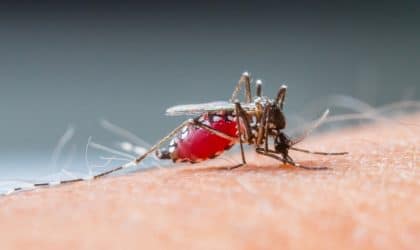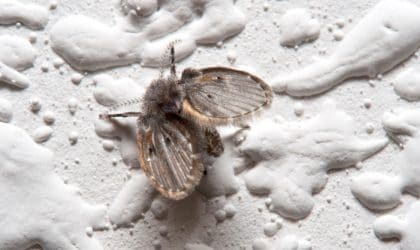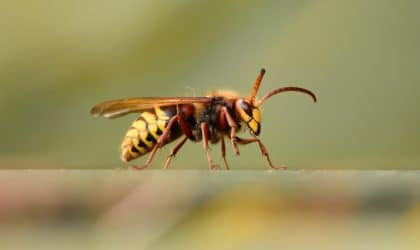How Long Can Fleas Live Without a Host?
How long can fleas live without a host? In this article we examine a flea's lifespan, and how long they can stick around.
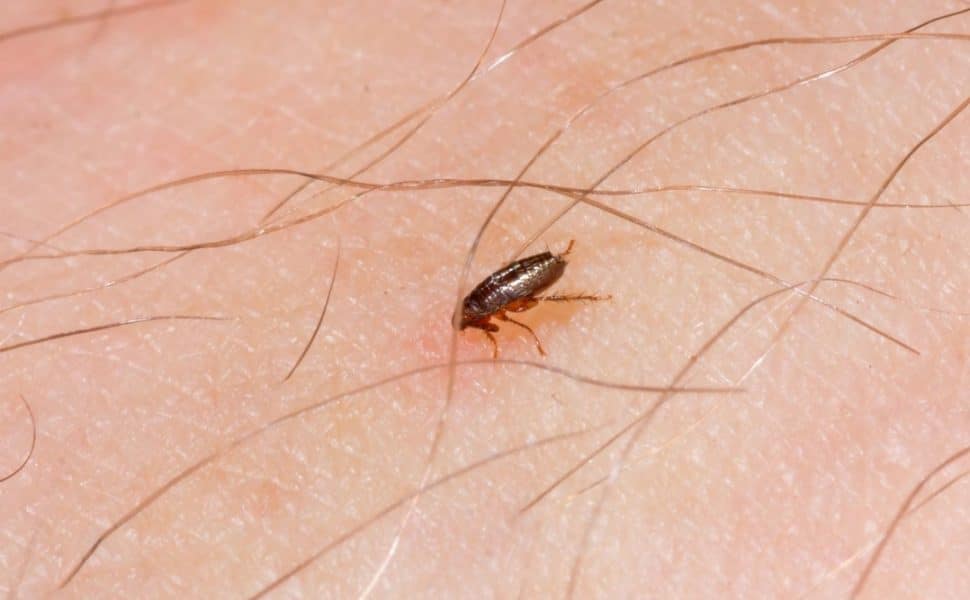
A flea infestation is every homeowner’s worst nightmare. From pouncing on your pets to hitching a ride with you, fleas can make your life miserable. Fleas are parasites that live with a host, so it’s natural to wonder if they can survive without another animal.
It’s quite common for fleas to attach themselves to a family pet. Your favorite dog or cat may bring them into your home. You might find signs of them on your carpet, or just on your pet’s fur. But just how long will you deal with a flea that doesn’t have a host?
We’re going to dive into the basics of fleas to answer those burning questions. What do fleas look for in a host? What happens if they can’t find a host, and how long can fleas live without one? Let’s find out more below!
A Brief Lesson on Fleas
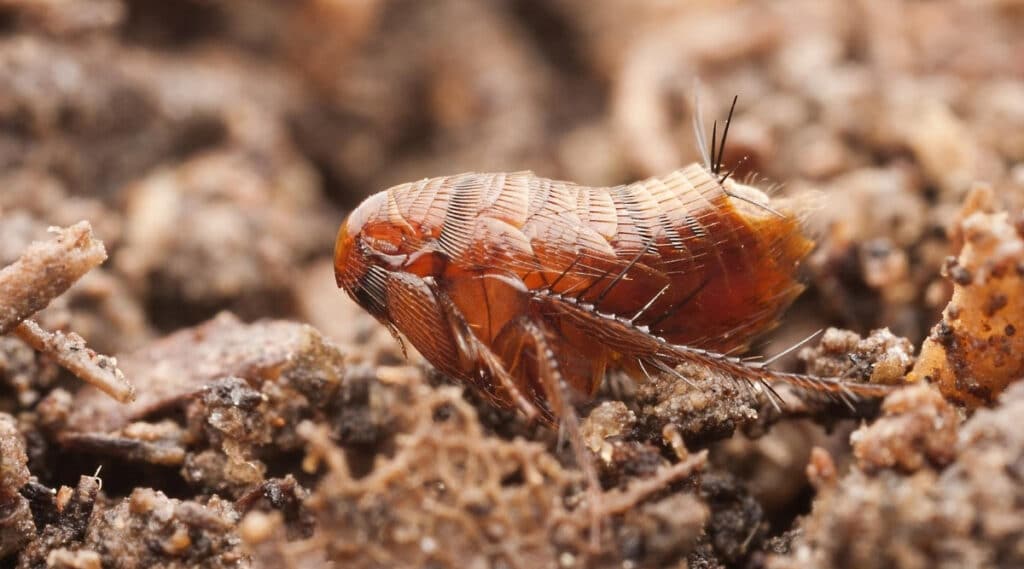
Fleas are small insects that survive on blood from mammals and birds. They don’t have wings but can jump great distances; some species can leap as much as 30 cm.
Adult fleas feed on the blood of their hosts to grow and reproduce. They thrive in areas of high humidity and prefer to breed where their hosts rest and sleep to provide adequate food for their offspring.
Types of fleas
There are over 3000 types of fleas, but only a handful attack humans. The most common types of fleas affecting humans are human fleas, cat fleas, and rat fleas. Each type of flea is slightly different and creates unique problems for people and their pets.
Fleas and Disease
Unfortunately, fleas transmit diseases and parasites. Aside from the irritation related to flea bites, you run a risk of exposure to bloodborne illnesses, like three types of plague, typhus, and parasitic tapeworms. Fleas aren’t just annoying; they can be downright dangerous to humans.
Flea Life Cycle
Like many insects, fleas have four stages of life. Identifying the different stages can help you fight the pests. It’s important to note that fleas can transition through the four stages in two to three weeks if conditions are optimal.
- Flea eggs resemble piles of white powder.
- They usually exist where the host sleeps.
- The egg stage can last up to 2 weeks.
- Larvae is the second stage of the flea life cycle.
- During this phase, fleas have no legs.
- They move to feed on organic matter from their host.
- Larvae are white and between four and ten millimeters long.
- The second stage lasts between five and fourteen days.
- Fleas in the pupal stage withdraw into a cocoon.
- It will be camouflaged by dust and debris for protection.
- Fleas can survive in the pupal stage for a week up to several months.
- Adult fleas range from light brown to dark brown.
- They have well-developed legs and can move.
- They are one to four millimeters long and seek a host for nourishment.
- Adult fleas can live for several weeks up to several months with a host.
It’s important to note that adult females lay eggs within two days of her first meal. In less than a week, she is capable of producing more than two dozen eggs per day.
Further, adult fleas consume a great deal of blood each day, which leads to excessive excrement. Flea larvae feed on the adult excrement. With a viable host, fleas can multiply quickly and spread to other members of a household.
The Perfect Flea Host
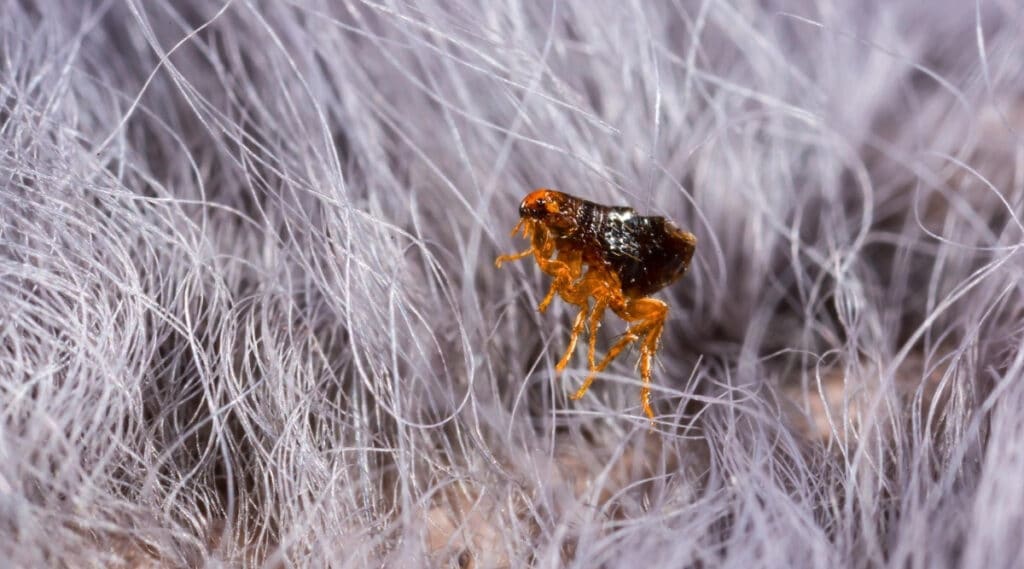
Fleas are particular about their hosts and prefer mammals to birds. Most species of fleas have preferred hosts, but if desperate will attach to another species. As long as fleas have access to regular, quality meals, they aren’t too partial if the host fits their needs.
Warmer climates attract these small insects because fleas thrive in warm, humid conditions. A flea’s ideal temperature is between 80° and 90° Fahrenheit, with 70% humidity.
Even if a host doesn’t live in a warm climate, fleas can find plenty of comforts. Fleas seek cover because they don’t like the light. That’s why furry creatures, like rodents, cats, and dogs, make preferable hosts. Not only does the fur offer protection, it provides plenty of warmth.
Most species of fleas prefer furry mammals to humans, but that doesn’t mean they won’t compromise to survive.
Can Fleas Survive Without a Host?
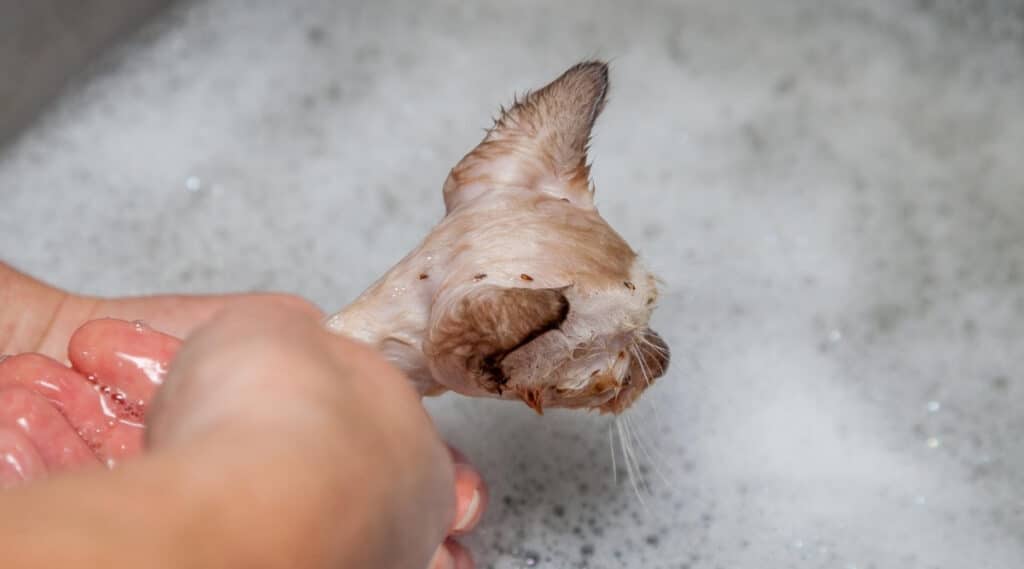
Fleas are parasitic insects that feed on the blood of other animals. However, as noted above, fleas can survive without a host. Of course, depending on the life stage, the amount of time they can survive without a host varies.
Flea Eggs
In a home environment, flea eggs generally hatch in two to three days. The warmer and more humid a home is, the faster they hatch. They can survive longer, but if they do not hatch within two weeks, they probably won’t. Extreme dryness or cold can kill the eggs and prevent hatching.
Larval Stage
Flea larvae generally live for seven to eleven days before pupating (entering their cocoon). They can develop in less than a week if conditions are ideal but may survive for up to 45 days in poor conditions.
This is the stage that fleas are most susceptible to starvation and temperature extremes. Larvae feed on the excretions from adult fleas, not an actual host, so they may survive longer if they can find sufficient food.
Pupal Stage
Though dormant in a cocoon, fleas may be most problematic at this stage. Usually, fleas take a week or two to complete this life stage and mature into an adult. However, flea pupae can lay dormant for up to five months waiting for a host. They detect a vibration and emerge to hop on a nearby host.
Adult Fleas
When we think of infestations, we often think about the thin, brown insects because adult fleas rely on a host. However, mature adults develop a dependence on host blood and need to feed at least every twelve hours. Consequently, mature adult fleas can only survive up to four days without a host.
Female adults die sooner, often within 24 hours of removal from their host. Males can survive two to four days, depending on their size, the environmental conditions, and how dependent they are on the blood source.
Younger adult fleas that haven’t fed may survive longer without a host because they didn’t develop a blood dependency yet. Immature adults can survive up to two weeks without a host, provided the surroundings are habitable.
Tips for Getting Rid of Fleas

Fleas survive longer at some stages of the life cycle, which means you must respond quickly at the first sign of a problem. You can’t just eliminate the adult fleas you need to take a comprehensive approach. Work over every corner of your house to catch all of the eggs, larvae, and pupae living on other surfaces.
Treat Your Pets
If you have pets and you suspect they have fleas, the first thing to do is treat your furry friends. Try a quality flea shampoo to start. Then, grab a flea comb and a bowl of soapy water. Work the comb through their fur and dunk it in the soapy water to kill the insects. Focus on the neck and tail where fleas tend to congregate.
You may want to discuss the situation with your veterinarian. There are oral and topical remedies that are better for your pet than the flea collars.
Suck Them Up
Grab a powerful vacuum cleaner (with a bag) and get to work on every surface of your house, especially those with crevices that make good hiding places. Be sure to dispose of the vacuum bag as soon as possible.
Use High Heat and Soap
Rent or purchase a steam cleaner to attack furniture and carpets. Wash all bedding, including your pet’s bed. The combination of extreme heat and soap kill fleas at all stages.
Keep Up Your Yard
Fleas can find all sorts of hiding places in your yard, especially if it’s unkempt. Mow your lawn, remove weeds, and trim back any unruly bushes to let the sun in because fleas hate light. If you have a pet, sprinkle cedar chips in the places they like to rest.
Treating an Empty House
If you just bought a house that sat empty for a long time, you may want to spray the home for fleas before moving anything in. Remember that fleas in the pupal stage can survive for months, which means they may be just waiting for you to start moving in your belongings. It’s easier to treat an empty house than one full of moving boxes.
When to Call an Exterminator
A flea infestation can get out of hand, which leads to frustrated and overwhelmed homeowners. Sometimes you do all you can and still end up with a problem. Other times you don’t have the right tools to combat the size or type of infestation you’re dealing with.
It’s okay to reach out to a professional. Fleas are problematic, and you may not even know where they’re coming from. Sometimes an infestation needs chemical treatment to eradicate the issue.
Professional exterminators have the knowledge and tools to size up your situation and handle your flea infestation efficiently. They can even offer suggestions to help you protect against future infestations.
Share this post
Save time and money on pest control
Subscribe to expert DIY pest control tips, pest control product reviews and information.

